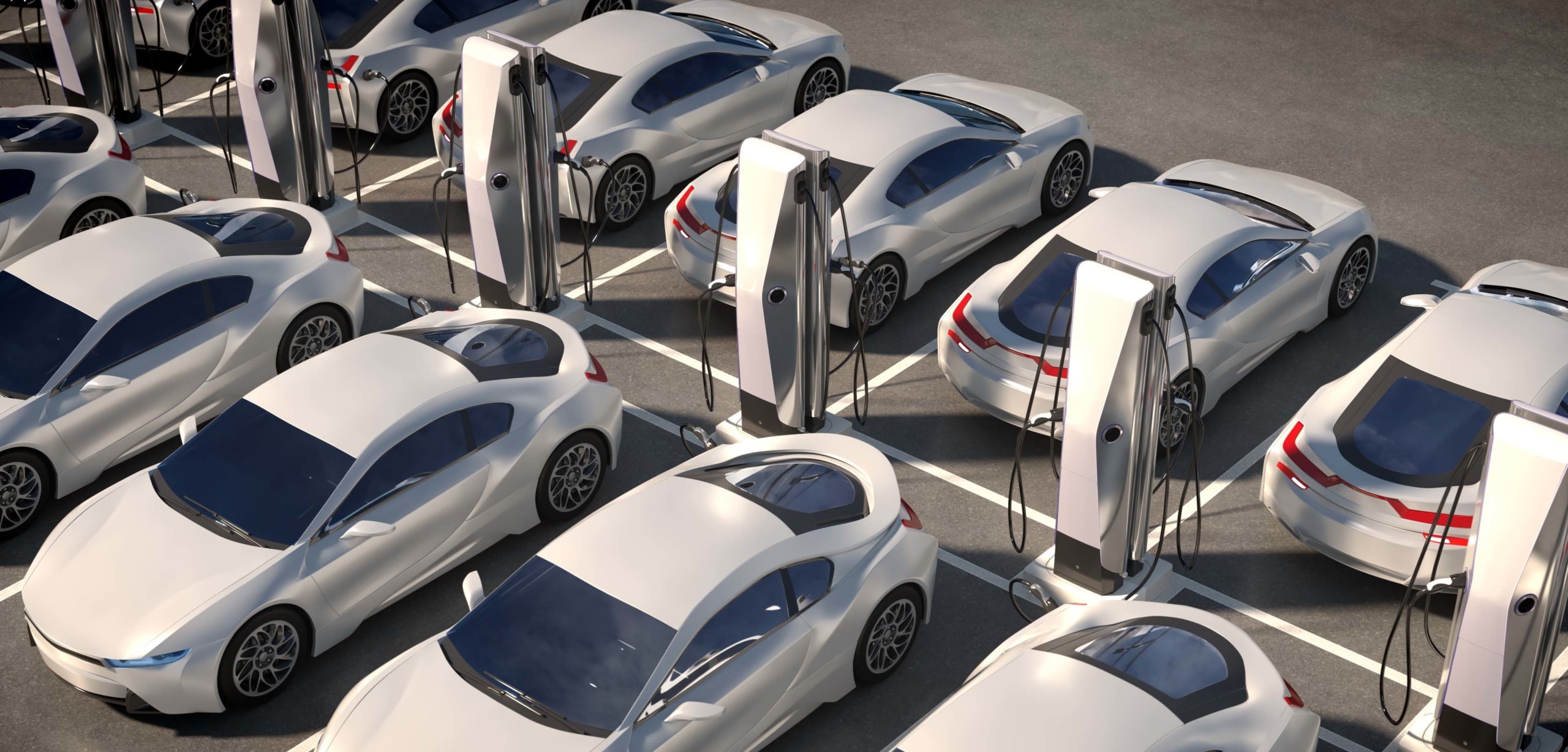Notes taken from WSJ article: https://www.wsj.com/business/autos/ev-startups-struggled-to-build-cars-now-they-struggle-to-sell-them-6bfff73c?mod=hp_lead_pos6
Electric vehicle startups, once grappling with the challenge of rapid car production, now find themselves struggling to sell their vehicles. Companies like Rivian Automotive and Lucid Group recently provided less-than-optimistic production forecasts for the year, attributing the decline in electric vehicle (EV) demand to factors such as high interest rates and economic uncertainties.
Rivian, known for its electric pickups, plans to manufacture approximately the same number of vehicles as last year (57,000), while Lucid aims for a slight increase to 9,000 units. Both companies emphasize their focus on customer acquisition to meet 2024 delivery targets.
Initially, investors were drawn to these startups, expecting agility and innovation to outpace traditional automakers in the EV market. However, as the startups tackled production challenges, indications emerged that the pool of willing buyers was not as deep as anticipated.
Rivian, which went public with high expectations, saw a significant reduction in its order backlog, partly due to higher interest rates making monthly payments less attractive. Lucid, facing a similar challenge, emphasizes that its issue lies in sales and deliveries, not production constraints.
This decline in EV demand affects startups more profoundly than established carmakers, as the latter can rely on profitable gas-powered vehicles to weather periods of slow EV sales. Legacy automakers like Ford and General Motors, caught off guard by sluggish EV sales, are leveraging profitable gas-vehicle businesses to support their electric investments.
Even industry pioneer Tesla has responded to the softer EV market by reducing prices and projecting slower growth. Tesla CEO Elon Musk has criticized Rivian and Lucid, highlighting the difficulty of achieving volume production with positive cash flow.
In response to the cool-down in demand, startups are cutting costs and lowering prices, with Rivian announcing a 10% reduction in its salaried workforce. Concerns arise among investors regarding the sustainability of these startups as they potentially burn through cash at an accelerated rate.
Rivian’s cash reserves dropped from $11.6 billion to $7.9 billion in a year, while Lucid’s cash and equivalents declined by $365 million. However, both companies claim to have enough cash to last through 2025.
As established automakers prepare to launch lower-priced EV models, startups like Rivian and Lucid are under pressure to balance cost-cutting efforts, sales boost initiatives, and investments in more affordable vehicles. The challenges may intensify with the entry of established automakers into the lower-priced EV segment in the coming years.
Despite these challenges, not all EV startups paint a bleak picture. Vietnamese startup VinFast Auto plans a substantial increase in electric vehicle deliveries, while some, like Fisker and Polestar Automotive, are yet to report their financial results.
Investors express concern over the path ahead for Rivian, questioning the feasibility of achieving gross profits amidst pressure to cut prices in a market where sales are not anticipated to grow significantly. The outlook for these startups remains challenging, setting the stage for a tough year ahead.




